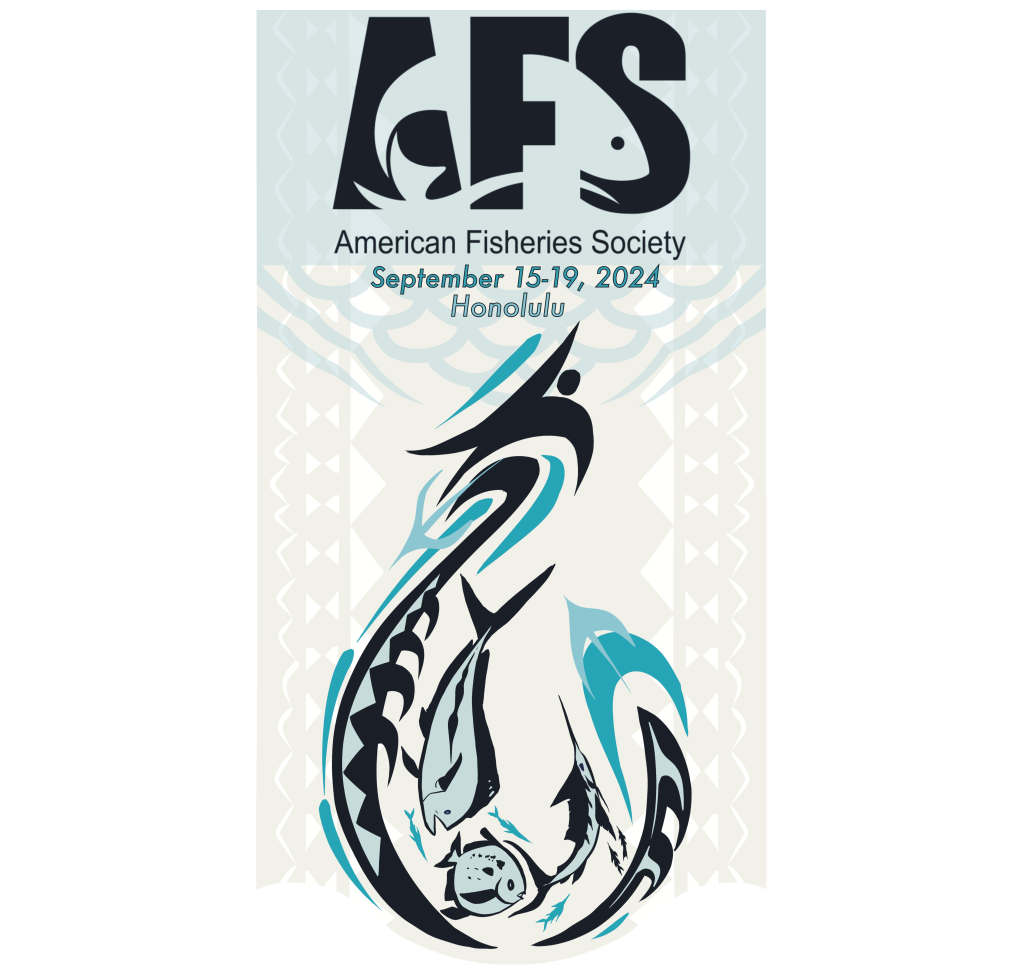Multiple analytical tools are now available to incorporate spatially explicit habitat, movement, and mortality into models to understand the drivers of species distributions and test the effects of different management actions and/or climate change on fish distributions and population abundances. Furthermore, the amount of spatially explicit fisheries data and associated environmental covariate data will continue to increase as technology advances. Thus, it is important that spatially explicit analytical methods also continue to develop so we can find an appropriate balance between model complexity and model fit over different spatial scales and in different types of ecosystems (e.g., oceans, lakes, rivers, etc.). We intend this symposium to include presentations that have incorporated space into analyses of fish and fisheries data or have investigated how accounting for space affects outcomes. We welcome talks that describe analyses of fisheries catch data, fish telemetry data, and the processes related to fish distributions.
Organizer: Mark Henderson, U.S. Geological Survey–Vermont Cooperative Fish and Wildlife Research Unit, [email protected]
Co-organizers: Jordan Massie, Matthew Futia
